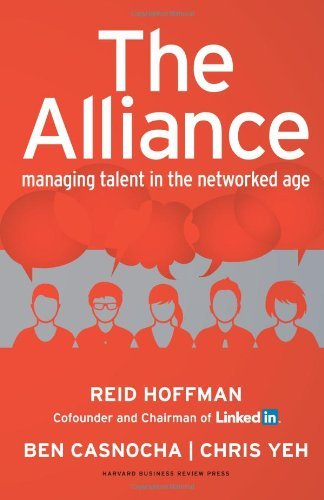Kapost is still expanding rapidly. A year ago we were ~20 people and now we’re ~60. That’s a lot of new faces and we’ve done a lot of hiring. (Blog post about Kapost expansion) Thinking about our our expansion brought me to how we view culture. Some thoughts on that…
Culture is Important
We have a culture doc that is on the web (below). It gets a lot of views (over 2k). It’s also important as it’s how we describe working at Kapost. We actually thought a lot about it.
I’ve been asking a lot of people who have scaled companies what they would do differently and what’s worked for them. They repeatedly talk about culture. This is what keeps it all together for them. As David Cummings (Founder of Pardot) says,
Yes, the people are the most important part, but culture is reflected in the core values, processes, and the way the company chooses to act.
Basically, it’s super important. I’ve also been thinking about what culture actually means. More and more to me it means just how stuff gets done. How do conversations go, how fast are decisions made, how honest should people be? That is all defined by the culture. It takes a while for people to realize. I’d say that at Kapost, people have described our culture as super transparent, high accountability, and very fast. I think that’s true. I think it’ll change over time but that’s how it’s been for the past few years.
Vibe vs. Values
Brad Feld had a post that described the difference between Vibe and Values. It says how the music in your office, the dress code, the food in the office is all “vibe” and the vibe can change in a company and are defined by employees. The values are “the guiding principles or a code-of-conduct upon which a company was founded and which it operates on a daily basis” and are defined by the company. Things like “don’t be evil” at Google. They are two different things and we should differentiate between the two.
The Alliance
This is a business book I read this summer when it came out. It’s by Reid Hoffman, founder of LinkedIn. It’s very interesting and something we talk about a lot at Kapost. The idea is that employees are no longer hired for their entire career and because of that you should treat them as though they will someday leave your company. Each employee is coming aboard for a “tour of duty” and you should actively define that tour, being explicit about what the employee will do for the company and what the company will do for the employee. It more accurate reflects how people treat a job. It also allows for honest conversations about what employees and employers want. It’s a great framework and I recommend you check it out.
